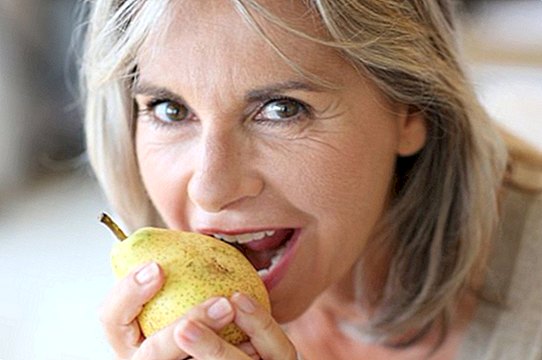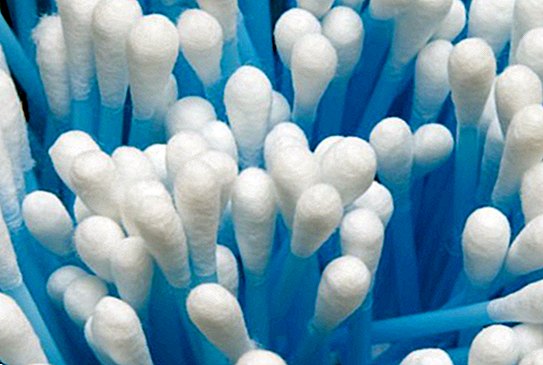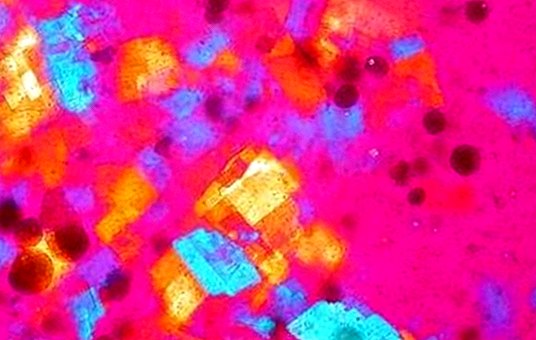Feeding in menopause: tips to prevent weight gain

The menopause It is a stage that every woman goes through when they reach a certain age. Usually tends to appear between 40 to 45 years of age, and is characterized because it is not a physiological phenomenon that appears abruptly, but it is emerging and appearing little by little.
It causes a series of related symptoms, many of them quite annoying: sweating, hot flushes, vaginal dryness, irregular rule ... We must also take into account other symptoms, such as typical mood swings or sudden redness of the skin.
For prevent menopause and especially to reduce this symptomatology, hormone replacement therapy is usually common. menopause, that the woman takes during a certain period of time.
However, there are also dietary advice that help to take care of health and improve the most typical symptoms of menopause.
The best diet for menopause
Consumption of fruits and vegetables
Both fruits and vegetables are healthy and natural foods recommended at any stage of life.
During menstruation, they help maintain proper nutrition, providing women with vitamins, minerals and a high fiber content, ideal even when it comes to reducing certain related symptoms.
The best? Try to consume 3 to 5 servings of fruits and vegetables each day.

Maintain adequate hydration
The hydration It is still obviously essential, since in this way you will provide your body with the amount of fluid it needs daily for its proper hydration.
The advisable thing is drink at least 1.5 to 2 liters of liquids per day. It does not only have to be water, since you can also combine it with delicious and beneficial infusions and teas, as well as natural juices.
Increase calcium intake
The calcium It is an essential and essential mineral for both bones as for the teeth. That is why it is a nutrient that should never be missed, thanks to the fact that it helps prevent osteoporosis.
At least during menopause it is advisable to take 2 servings of dairy per day, and include rich foods vitamin D, since this vitamin favors and helps in the correct absorption of calcium by our body.
Opt for quality fats
During this new stage it is advisable reduce saturated fat of animal origin (Because we do not forget that there is a greater risk of cardiovascular disease, and this type of fat is able to increase the levels of both high cholesterol as triglycerides).
Therefore, it is better change saturated fats for unsaturated fats that we find in oils such as olive oil, nuts and blue fish.
Increase in soy consumption
The soy has a estrogenic activity interesting in menopause, hence the soy foods be especially recommended during this stage.
The ideal is to maintain a usual consumption of soybeans and derivatives, since it is a nutrient that helps positively reduce the main symptoms of menopause.
And what are the most suitable foods during menopause?
Among other aspects, it is useful to follow a diet where none of the foods that we propose below are missing:
- Dairy products and derivatives: cow's milk and skimmed yoghurts.
- Cereals: soy, sesame and tofu.
- Whole grains: bread and whole grains.
- Vegetables: broccoli, chard and watercress.
- Vegetables: dried beans
- Nuts: almonds and nuts
- Healthy beverages: soy milk

Therefore, it is fundamental increase the consumption of fruits, vegetables and vegetables, as well as legumes and cereals of integral origin. They are especially rich in nutrients essential for the woman's body, in addition to being rich in antioxidants and help prevent overweight, obesity and cancer.
Specifically, the diet should be a low fat diet of animal origin, above all healthy and healthy, since it is the best option to prevent cardiovascular diseases.
We must not forget also that dairy products help to prevent osteoporosis, which most commonly tends to appear in women during this important stage of their lives.
Essential nutrients that should not be missing from your diet during menopause
In this stage, the nutrition and feeding that the woman follows is vital, since not only do they help the general health of the woman, but it is useful to improve the symptoms of the menopause. Discover what nutrients and elements should not be missing:
- Carbohydrates: carbohydrates should represent between 55 to 60% of the total energy contribution in the nutrition of women with menopause.
- Proteins: the best ones are those denominated as high biological value proteins. They must represent between 12 to 15% of the total daily energy.
- FatThe best ones are fats of vegetable origin (such as mono and polyunsaturated fats, and poly and monounsaturated fats.) They must represent 25% of the total daily energy.
- Vitamins: are essential nutrients for the health of women. Highlights folic acid (helps protect the heart and reduces the risk of colon cancer), vitamin A (helps to protect the eyes, protects the heart and reduces the risk of breast cancer), vitamins B6 and B12 (help reduce anemia), vitamin C (it is an antioxidant, preventing cardiovascular and coronary problems and reducing the risk of cancer), vitamin E (antioxidant protector of blood and tissues, helps prevent cardiovascular diseases).
- Minerals: calcium (it is essential in menopause since it helps to reduce the risk of osteoporosis and helps in the transmission of the nervous impulse), phosphorus (participates in bone resorption) and magnesium (fulfills an antithrombotic function).
- Other nutrients: omega 3 fatty acids (improve the side effects of menopause).

Weight gain during menopause
With the onset of menopause, the woman's ovaries are not able to produce estrogen, which previously at this stage were stored in the fatty tissue but constantly used.
This means that, as a compensation because the ovaries are no longer able to produce these hormones, the body increases the mass that serves as deposits.
In addition to the metabolic and hormonal change also tends to decrease the practice of physical exercise in women, so that the body burns fats much more slowly.
How to prevent weight gain?
As obviously you can not prevent the ovaries continue producing estrogen, the key is to increase the practice of physical exercise daily.
The ideal? Practice physical exercise every day, for at least 30 minutes.
It is also essential to follow a balanced diet, based on the consumption of healthy foods.
And if I gain weight, what can I do?
Since during the menopause it is normal to gain weight, you must remain calm, be patient when following the advice indicated above and above all be constant.
You can go to your doctor or nutritionist to advise you on a low-fat diet that you can follow, and to discover which habits you should reduce or eliminate.
Bibliography:
- Proietto J. Obesity and weight management at menopause. Aust Fam Physician. 2017. Volume 46, No.6, June 2017 Pages 368-370. Available at: //www.racgp.org.au/afp/2017/june/obesity-and-weight-management-at-menopause/
- Simkin-Silverman LR, Wing RR, Boraz MA, Kuller LH. Lifestyle intervention can prevent weight gain during menopause: Results from a 5-year randomized clinical trial. Ann Behav Med 2003; 26 (3): 212-20. Available at: //link.springer.com/article/10.1207/S15324796ABM2603_06
- Guthrie JR, Dennerstein L, Dudley EC. Weight gain and the menopause: A 5-year prospective study. Climacteric 1999; 2: 205-11.



